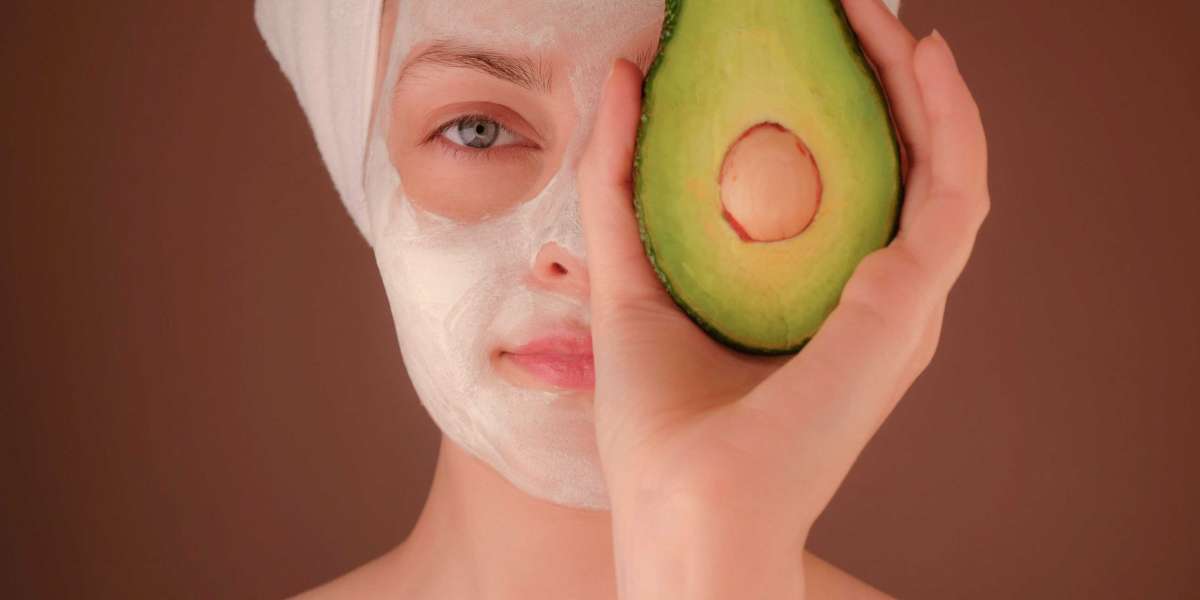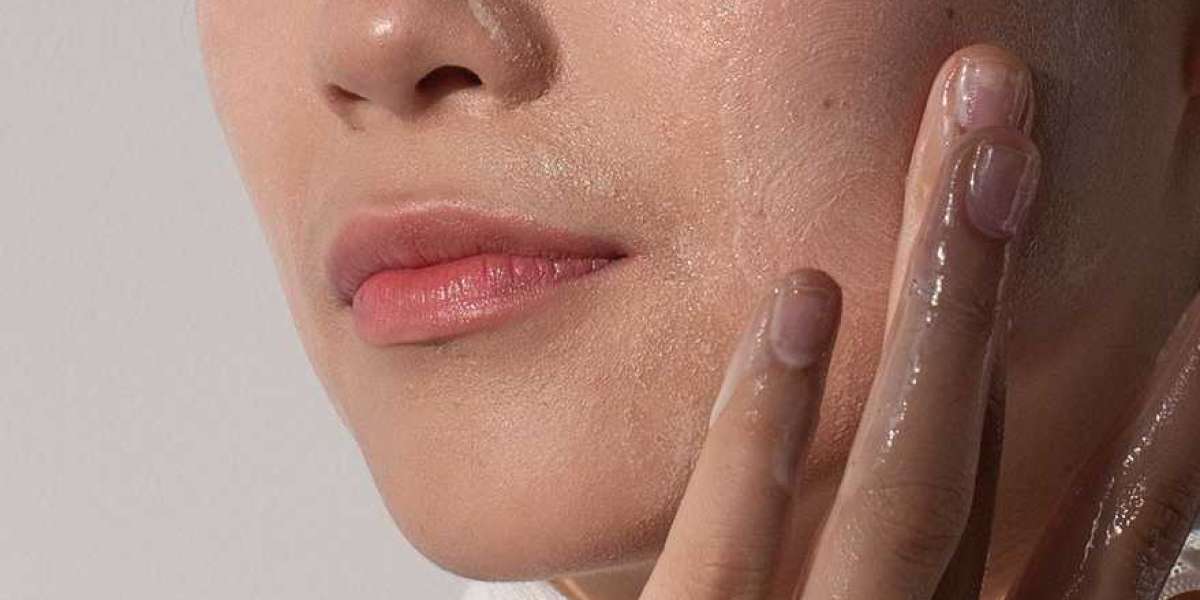Hydrate:
- Start your day by drinking a glass of water to hydrate your body from within.
- Use a hydrating facial mist or toner to refresh your skin.
Cleansing:
- Cleanse your face with a gentle, hydrating cleanser to remove any impurities that may have accumulated overnight.
- Consider using a cleanser with ingredients like glycerin or hyaluronic acid to maintain moisture.
Exfoliation (2-3 times a week):
- Exfoliate to remove dead skin cells and promote cell turnover.
- Choose a mild exfoliator suitable for your skin type.
Vitamin C Serum:
- Apply a vitamin C serum to brighten the skin and protect against environmental damage.
- Vitamin C helps in collagen production, reducing the appearance of fine lines.
Moisturize:
- Use a lightweight, hydrating moisturizer to lock in moisture.
- Look for ingredients like hyaluronic acid or glycerin.
Sunscreen:
- Apply a broad-spectrum sunscreen with at least SPF 30 to protect your skin from harmful UV rays.
- Sunscreen helps prevent premature aging and maintains an even skin tone.
Eye Cream:
- Use an eye cream to address any puffiness or dark circles.
- Look for ingredients like caffeine or hyaluronic acid.
Healthy Breakfast:
- Include foods rich in antioxidants, such as berries and green tea, in your breakfast to support skin health.
Exercise:
- Incorporate physical activity into your morning routine to boost blood circulation and promote a healthy complexion.
Adequate Sleep:
- Ensure you get enough sleep to allow your skin to repair and regenerate.
Reduce Stress:
- Practice stress-reducing techniques like meditation or deep breathing to promote overall well-being, which reflects on your skin.
Avoid Hot Showers:
- Hot water can strip your skin of natural oils. Opt for lukewarm water during your morning shower.
Cleansing:
- Use a mild, pH-balanced cleanser containing surfactants like coco-glucoside or decyl glucoside. These are gentle on the skin barrier and effective in removing sebum and water-soluble impurities.
Exfoliation (2-3 times a week):
- Opt for a chemical exfoliant with alpha hydroxy acids (AHAs) like glycolic acid or beta hydroxy acids (BHAs) such as salicylic acid. These ingredients promote desquamation, aiding in the removal of dead skin cells.
Vitamin C Serum:
- Choose a vitamin C serum with a stable form of ascorbic acid, preferably encapsulated or in a dark, opaque container to prevent oxidation. Ascorbic acid helps in photoprotection, collagen synthesis, and inhibiting melanogenesis.
Moisturizer:
- Look for a moisturizer containing humectants like sodium hyaluronate or glycerin, which attract and retain water in the epidermis. Additionally, a combination of ceramides and fatty acids strengthens the skin barrier.
Sunscreen:
- Opt for a broad-spectrum sunscreen with photostable filters like avobenzone or octocrylene. Ensure the inclusion of antioxidants such as tocopherol (vitamin E) to enhance UV protection and combat oxidative stress.
Eye Cream:
- Choose an eye cream with peptides like palmitoyl oligopeptide to stimulate collagen production. Incorporate ingredients like hesperidin or caffeine to reduce puffiness and improve microcirculation.
Antioxidant-Rich Breakfast:
- Consume a breakfast rich in antioxidants, including polyphenols and vitamins. Green tea catechins, found in green tea, are potent antioxidants that contribute to skin health.
Exercise:
- Physical activity induces heat shock proteins, promoting cellular repair and antioxidative defense. Increased blood flow enhances nutrient and oxygen delivery to the skin, supporting overall skin vitality.
Adequate Sleep:
- Sleep is crucial for skin repair and regeneration. During sleep, the skin undergoes increased cell turnover, and growth hormone release stimulates collagen synthesis.
Stress Management:
- Chronic stress triggers the release of cortisol, impacting skin integrity. Incorporate stress management techniques to mitigate cortisol-induced inflammation, supporting a healthier complexion.
Avoidance of Hot Showers:
- Hot water can disrupt the lipid barrier, leading to transepidermal water loss. Opt for lukewarm








